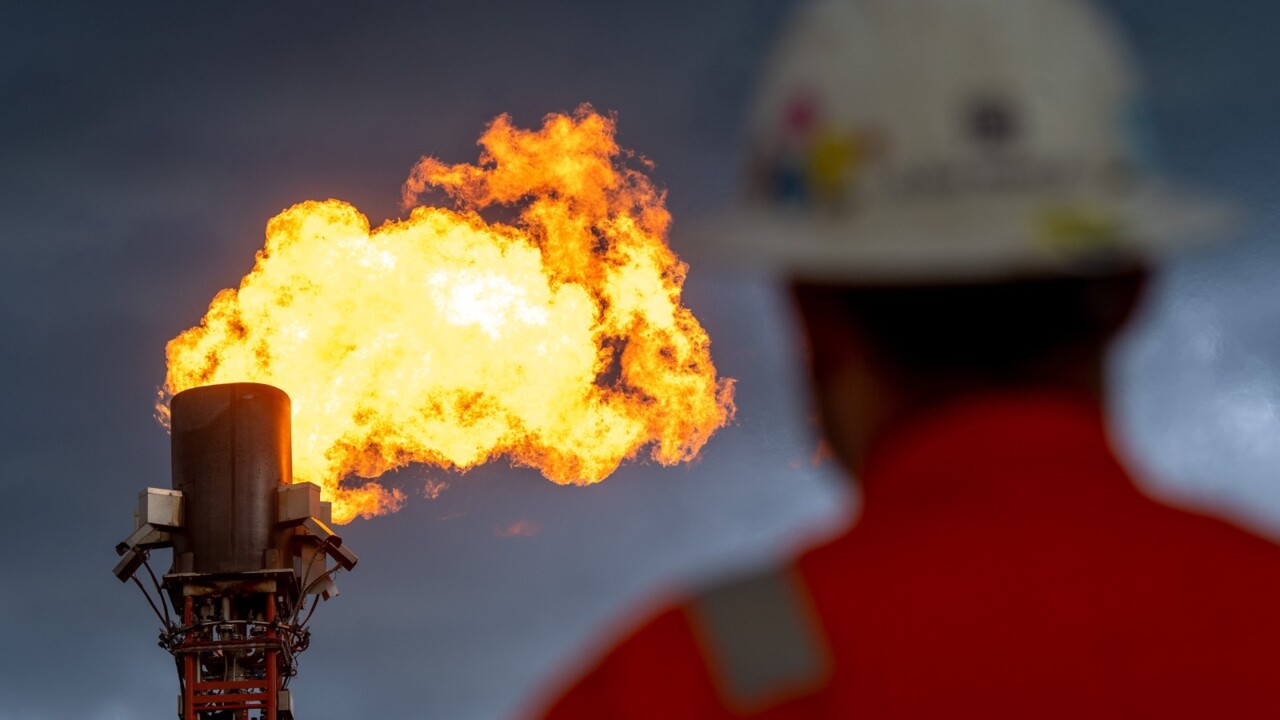Geelong Grammar urges opposition to Viva’s LNG import facility
Geelong Grammar urged its network to write to the Victorian state government in opposition to an LNG import terminal being developed by Viva Energy.

A gas import plant pitched as a fix for Victoria’s looming supply shortages has been opposed by prestigious private school Geelong Grammar, with alumni and supporters instructed to oppose Viva Energy’s controversial facility.
Geelong Grammar in correspondence with parents, alumni and supporters, said it was seeking support for its opposition to Viva’s proposed LNG facility, which is undergoing review by the Victorian Labor government.
The Australian Energy Market Operator, which is tasked with ensuring reliable electricity supplies, has warned gas power stations may have to run on diesel as soon as next winter and by 2028 – the shortfall will be so significant that reliability will be jeopardised.
Geelong Grammar said it recognised the need for more gas in the state but opposed the Viva proposal as a potential supply solution.
“The School does not consider Viva Energy’s Supplementary (Environmental Effects Statement) adequately addresses the concerns raised in our initial submission,” Geelong Grammar wrote. “The School does not oppose that there may be a future need for gas availability to address potential shortages within Victoria; the School opposes the project proposed by Viva Energy in the environment of Corio Bay.
“The School will continue to seek to safeguard the environment of Corio Bay and the protected Ramsar wetlands of Limeburners Lagoon, and to advocate for potential impacts of the project to be properly assessed.”
Geelong Grammar urged its supporters to write to the Victorian government ahead of a public feedback closing at the end of last month. The period of public consultation solicited nearly 400 submissions.
The opposition, which Geelong Grammar said was motivated by environmental concerns, underscores the entrenched divisions across Australia’s energy policy. A growing number of industry leaders are warning that divisions are slowing or preventing much-needed developments needed to guarantee reliable and affordable power supplies.
The public feedback is a critical point for Viva, which hopes for approval to extend a pier at the site of the Geelong refinery to moor a vessel capable of receiving LNG exports which could in turn be used to supply Victorian homes and businesses during peak-demand periods.
Geelong Grammar has influential alumni and current families, which are likely to have a significant effect on the thinking of the state government, which is increasingly under pressure amid signs of ebbing support.
Still, many of the near 400 submissions supported the project, including one from Steve Hocking – chief executive of AFL giant, Geelong Football Club – who said gas was critical.
“We also rely on gas for hot water and heating. In other words, if Victoria was to run out of gas, it would have a significant impact on the club, the businesses that rely on the club and the 40,000 fans who attend games and other events at the stadium,” said Mr Hocking.

While critical for Viva, the decision of the Victorian government shapes as a watershed moment for Labor’s standing with the energy industry.
Australia’s energy industry has urged states and the federal government to accelerate approvals on bolstering supplies if there is any hope to mitigate the economically devastating impact of a gas shortfall.
But opposition from environmentalists and other vested interests continues to sway governments, which appear unwilling to award potentially unpopular approvals even as they privately acknowledge the toll of a gas shortfall.
The AEMO says that by 2028, the traditional source of gas to Australia’s east coast – ExxonMobil and Woodside’s operations in the Bass Strait – will have been depleted.
Victoria is particularly exposed. It is Australia’s most gas dependent state, with residential homes using the fuel source for heating during winter, while its large manufacturing sector is dependent on gas to continue operations.
Gas a major emitter of pollutants but contains less carbon dioxide than coal, and increased use of gas could unlock more renewable energy generation.
Gas is used as a so-called peaker. Gas power stations can run for short periods of time when there is increased demand for electricity or depressed supplies from renewables.
The certainty that gas power is available could allow more coal power stations to be shuttered, but environmentalists insist gas will delay the transition.
The political malaise is increasingly frustrating for Australia’s energy industry, with many operators breaking cover in recent months to warn of the devastating impact of a gas shortfall.
Frank Calabria, chief executive of Origin Energy, on Monday urged Australia to cast aside vested interests and do what was necessary.
“We have a choice. As leaders, we can choose to align to shared goals for the greater good, and we can choose not to pander to fringe voices and vested interests,” he said. “We can choose to elevate the public discourse on energy to a level that befits how critically important it is to our economic and social wellbeing. And, we can choose to make the hard decisions on energy policy – not place them back in the too-hard basket.”





To join the conversation, please log in. Don't have an account? Register
Join the conversation, you are commenting as Logout